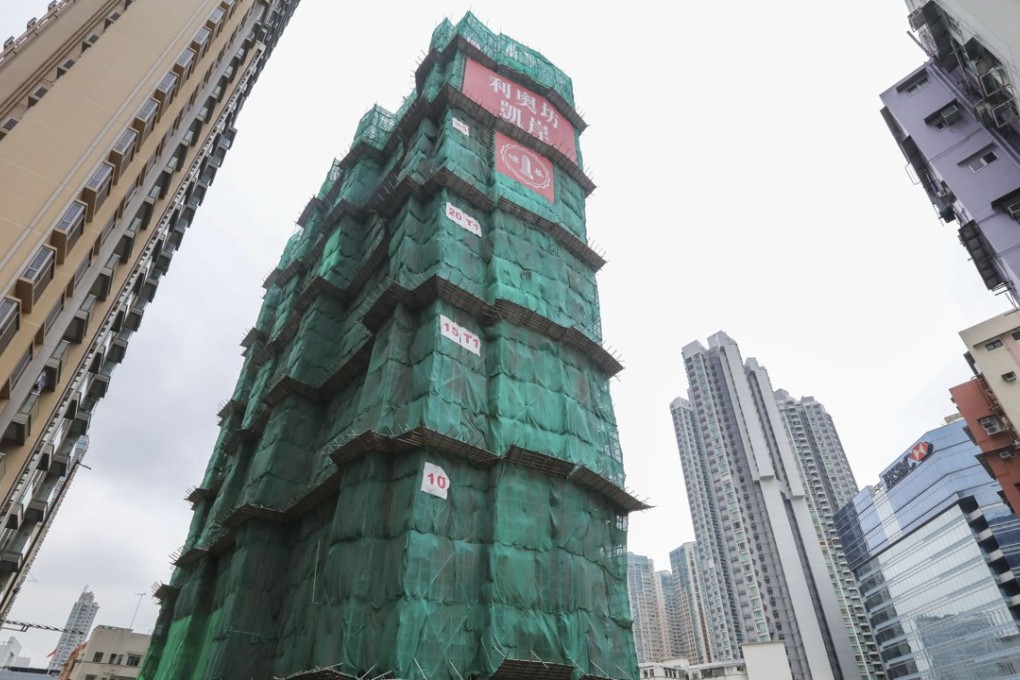My Take | Hoarding denial by Hong Kong developers raises smile in hard times
Don’t be surprised if there is a compromise on a vacancy tax with the government, followed by favourable terms on the development of farmland

It has been a pretty grim hot summer with the jailing of young rioters and MTR construction fiascos, but a leading developer provided some light relief during an interview on TVB.
A South China Morning Post reader reacted to this claim online with: “And pigs fly …”
Leung said developers should not be forced to sell all the flats in a project at once so as not to “flood the market”.
I don’t know about you but that sounds like hoarding.
It is apparently not unusual for developers to continuously release a few flats in a project at a time, so selling all the units can take a long time. One example cited was The Long Beach in Tai Kok Tsui, built by Hang Lung Properties in 2005, which still has flats to sell.
